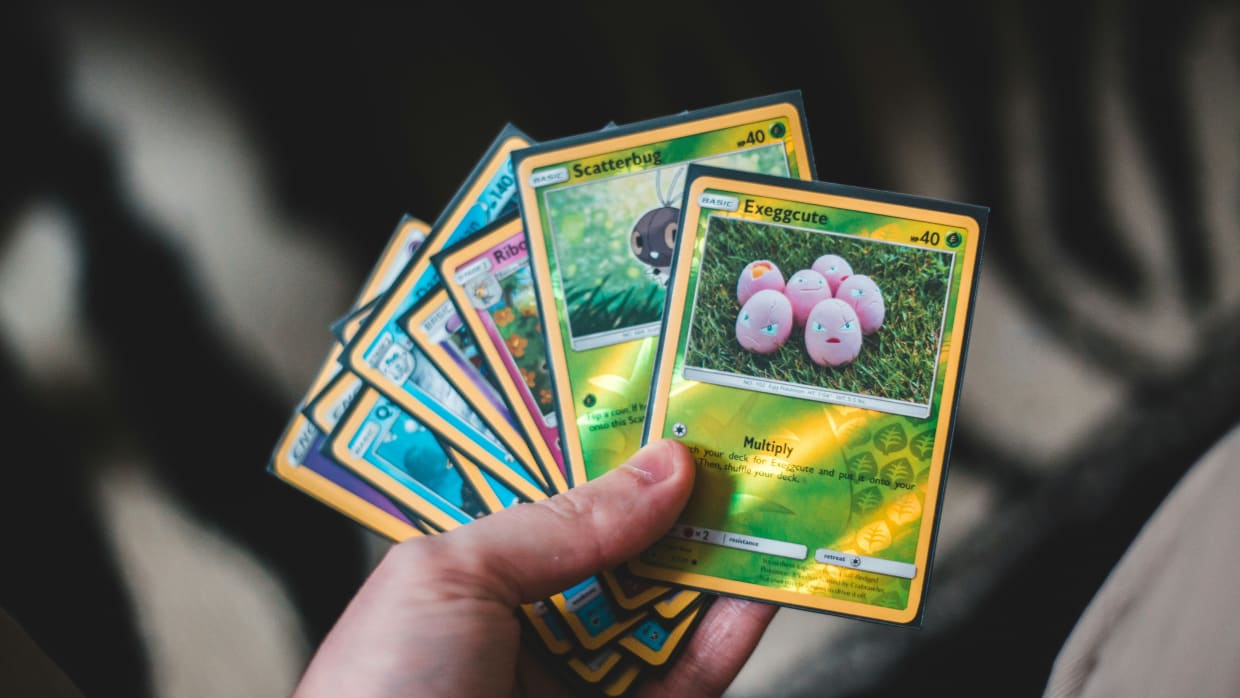
Willemijn van Dolen | Nostalgia as marketing: Pokémon cards and Tamagotchis make a comeback
Pokémon cards, new versions of Tamagotchis, and Happy Meals for adults. Young people are increasingly buying things that remind them of the good old days. Pretty strange, observes columnist Willemijn van Dolen, because they weren’t born in the days of vinyl and series like Friends. So why the longing?
Last week a McDonald’s promotion caught my eye, the Happy Meal for adults. A box with the familiar toy, a so-called “collectible,” only now with a Big Mac or nine McNuggets. In short, larger portions. The promotion was enthusiastically received on social media and on many sites, such Cosmopolitan’s, with the comment, “Oh my God. McDonald’s is now selling a Happy Meal for adults. Because we deserve to be happy, too.”
The Chief Marketing Officer (CMO) of McDonald’s indicated that they were capitalizing on one of the latest trends among young people aged 18 to 25, which is a great yearning for nostalgia. In addition to the Happy Meal, Snoopy is resurfacing in fashion, and in toy stores, it’s the Bitzee (a revamped Tamagotchi), Furby, Pokémon cards, and Lego’s Mario sets.
A fair amount of research has been done on nostalgic consumer behavior. Among other things, it shows that people tend to turn to nostalgia when they feel that their identity is threatened in some way. For example, if they feel lonely or alienated, this increases the desire to buy things from their past. You can perhaps imagine if you have ever been homesick, then you long for the smells and things from home. This is called personal nostalgia. You long for the good old days and therefore play the music you used to listen to. Snacks and games can also give the “good old days” feeling
Yet this does not explain everything. The majority of vinyl records are bought by young people. Artists of today, such as Taylor Swift, are popular on vinyl. This cannot be personal nostalgia for the young because for them, listening to music began with MP3s. And why do they walk around in clothes from, say, the 1980s, a time before they were born? And why do they watch old series like Friends and Seinfeld en masse?
This type of nostalgia is called communal nostalgia, perhaps best described as community nostalgia. It involves a preference for products that people associate with the past, culturally or socially, but that are not part of one’s personal history. But why have a preference for products that do not evoke sweet memories for you personally?
A recent study shows that this may have to do with the uncertain times we live in. Researchers found that when people feel that the social system is threatened and that society is more unstable, the demand for retro products increases. People then also enjoy these products more. Nostalgic products offer a sense of social stability, permanence, steadfastness, and continuity.
This does raise a question. Consumption taxes the climate. Climate activists and scientists are therefore calling for changing the (social) system and consuming less. This call is understandable, but it can also backfire on consumer behavior. After all, it confirms the uncertainty and instability caused by climate change and confronts people with their own limitations and role in the problem. And what do people do when perceived uncertainty increases, according to the study? Exactly. They buy (retro) stuff.
This ties in with another study showing that a focus on sustainability can backfire and lead to more consumption. The relationship between consumption and sustainability remains complicated. But it also provides a great direction for future research where different disciplines can learn a lot from each other.

